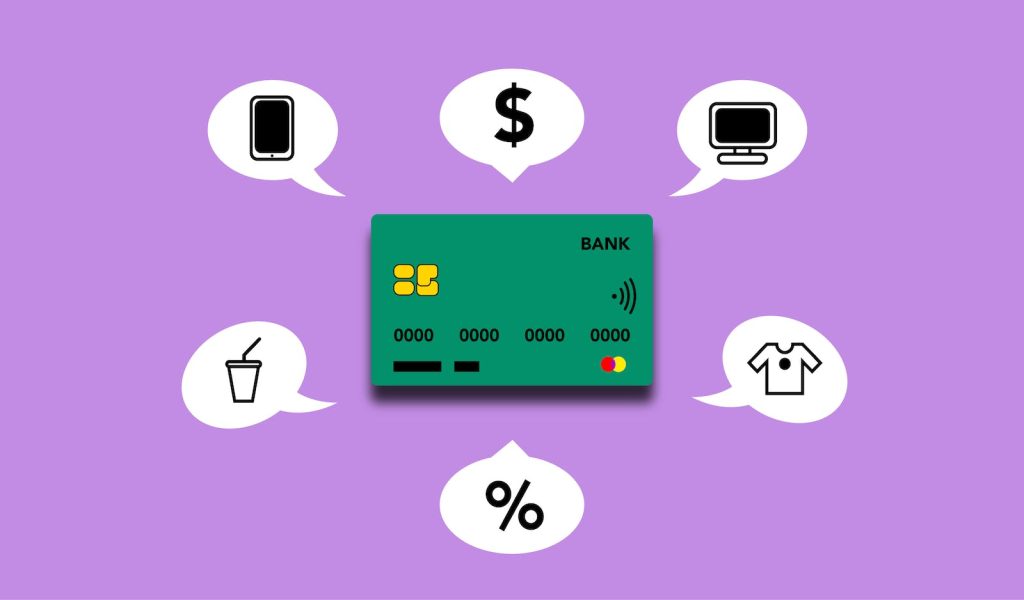Hello there, fellow ethical spenders! I’m Susan Mitchell, and I’ve been sharing my insights on responsible financial choices for over four years now. Today, let’s delve into the complex world of debt settlement negotiations and explore how to navigate them ethically.
Dealing with debt can be like wrestling with a stubborn octopus – it seems to have tentacles everywhere. When you find yourself in a financial quagmire, one option you might consider is debt settlement. While it can provide relief, it also raises important ethical concerns that should not be ignored.
The Debt Settlement Dilemma
Imagine this scenario: You’re drowning in debt, and your phone is ringing off the hook with calls from creditors. Your credit score is in shambles, and you’re desperate to find a way out. Debt settlement might seem like a lifeline in this situation.
Debt settlement involves negotiating with creditors to settle your debts for less than the full amount you owe. It can provide much-needed relief from overwhelming debt burdens. However, it’s not all sunsh

ine and rainbows. Here are some ethical concerns that often arise in debt settlement negotiations:
Potential for Exploitation
One of the primary concerns with debt settlement is the potential for exploitation. Some debt settlement companies may take advantage of your vulnerable situation. They might promise quick and easy solutions but charge exorbitant fees, leaving you in a worse financial position than before.
To avoid falling into this trap, it’s crucial to do your due diligence. Research and choose a reputable debt settlement company that is transparent about their fees and has a track record of ethical practices.
Impact on Creditors
When you settle a debt for less than the full amount, it’s important to consider the impact on the creditors. Ethically, you should aim to reach a settlement that is fair to both parties. While your financial well-being is a priority, it’s also important to recognize that creditors have their own financial responsibilities.
Consider the story of Sarah, who owed $10,000 on a credit card. After negotiating, she settled the debt for $5,000. While this provided her with much-needed relief, it also meant that the creditor absorbed a $5,000 loss. It’s essential to strike a balance that respects both your needs and the creditor’s rights.
Honesty and Transparency
Ethical negotiations require honesty and transparency. Some individuals might be tempted to misrepresent their financial situation to secure a better settlement. However, this approach is not only unethical but can also lead to legal consequences.
Take the example of John, who failed to disclose an additional source of income during his debt settlement negotiations. When this came to light later, it resulted in a legal battle that could have been avoided with honesty from the start.
The Impact on Your Financial Future
While debt settlement can provide immediate relief, it also has consequences for your financial future. Settled debts can remain on your credit report for up to seven years, affecting your ability to secure loans or credit at favorable terms.
Consider Mary, who settled her debts but struggled to rebuild her credit afterward. It’s important to weigh the short-term relief against the long-term impact and explore alternatives that may have fewer repercussions on your financial future.

Seeking Alternatives
Before diving headfirst into debt settlement negotiations, it’s wise to explore alternative options. Debt consolidation, budgeting, and seeking financial counseling are all ethical approaches that may help you regain control of your finances without the need for settlement.
Let’s look at an example of Lisa, who initially considered debt settlement but opted for debt consolidation instead. By consolidating her debts into a single manageable payment, she avoided potential ethical pitfalls associated with settlement negotiations.
Conclusion
In the world of ethical spending, debt settlement negotiations present a complex dilemma. While they can offer much-needed relief from overwhelming debt, ethical concerns must not be ignored. Exploitation, fairness to creditors, honesty, and transparency should guide your approach to debt settlement.
Before embarking on the journey of debt settlement, explore alternative solutions, do your research, and consult with financial experts if needed. Remember, your financial well-being is essential, but it should not come at the cost of ethical compromises. Navigate the murky waters of debt settlement with your values intact, and you’ll emerge on the other side with both your finances and your conscience in better shape.

































